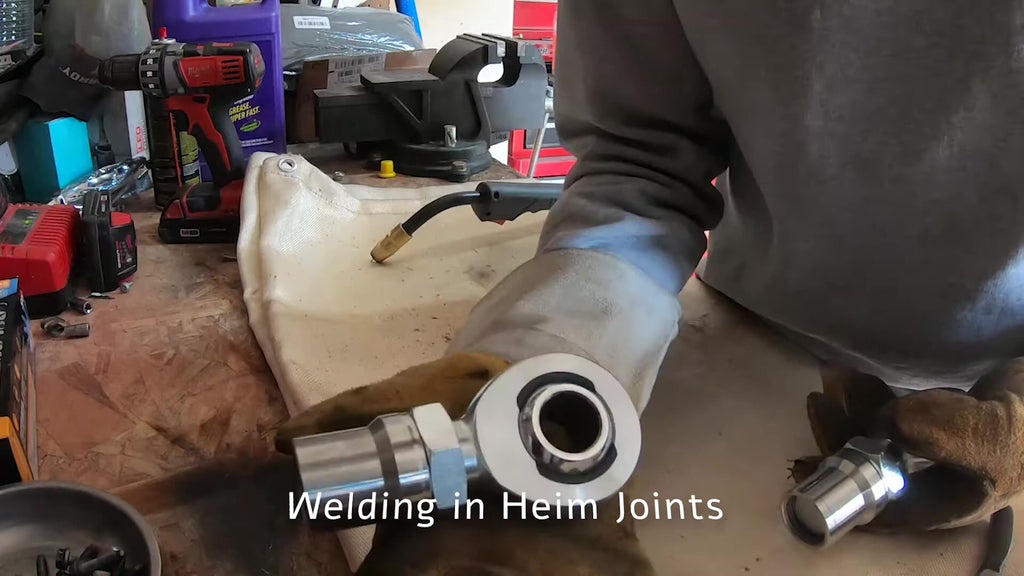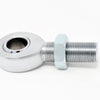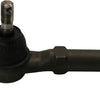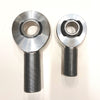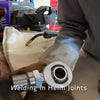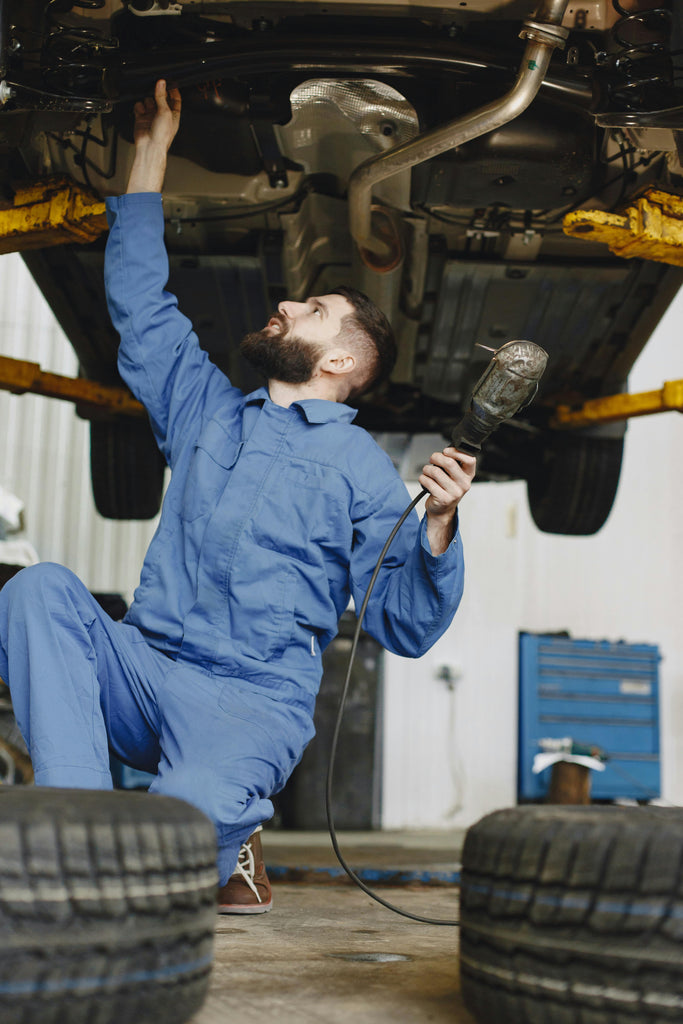
The Ultimate Guide to Understanding Tie Rods in Steering Systems: Everything You Need to Know
Welcome to the ultimate guide to understanding tie rods in steering systems! Whether you're a car enthusiast or a professional mechanic, this comprehensive article will provide you with everything you need to know about tie rods. From their role in maintaining alignment to their impact on steering control, we've got you covered.
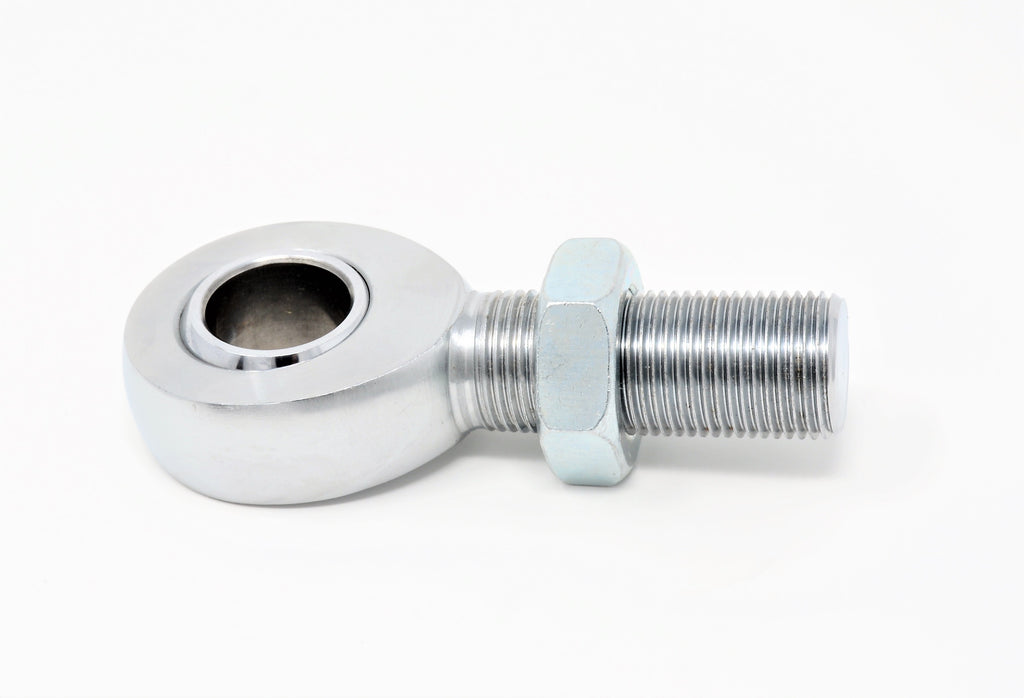
The First Heim Joint to Replace a Tie Rod End
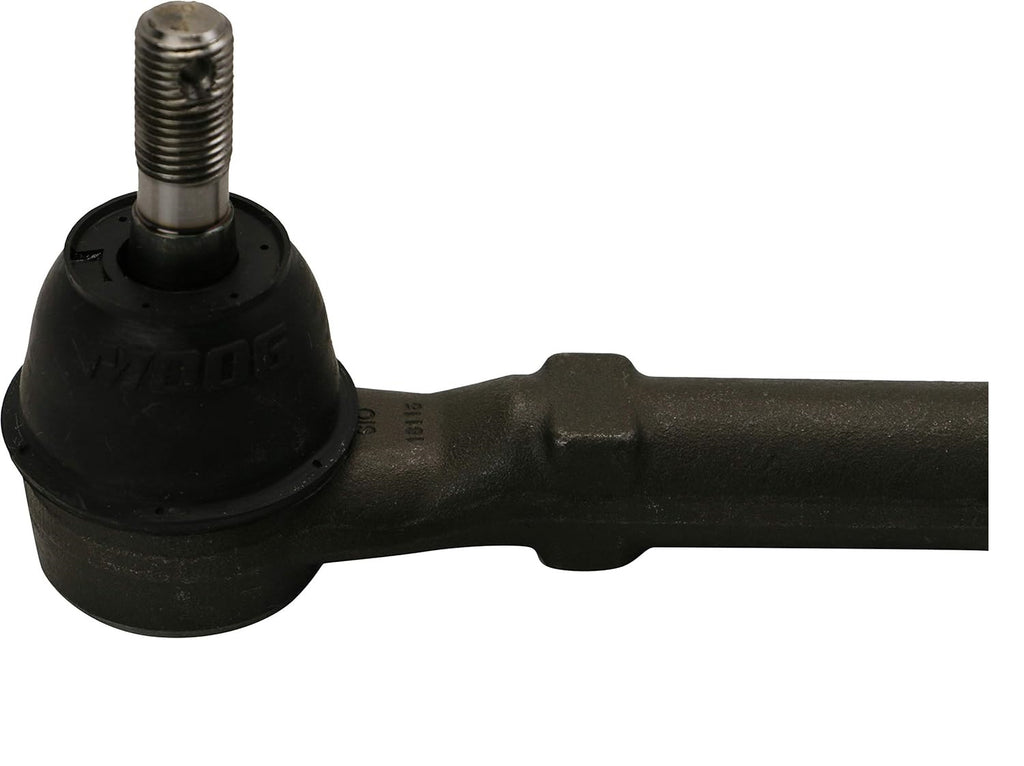
Why a Heim Joint with a 7/8"-14 TPI Thread Cannot Replace a Tie Rod End with a 7/8"-18 TPI Thread
Why a Heim Joint with a 7/8"-14 TPI Thread Cannot Replace a Tie Rod End with a 7/8"-18 TPI Thread When working on vehicle steering or suspension systems, it’s important to use the correct components to ensure both performance and safety. One common issue mechanics or DIY enthusiasts encounter is determining whether certain components are interchangeable. A frequent question arises regarding the possibility of replacing a tie rod end (TRE)...
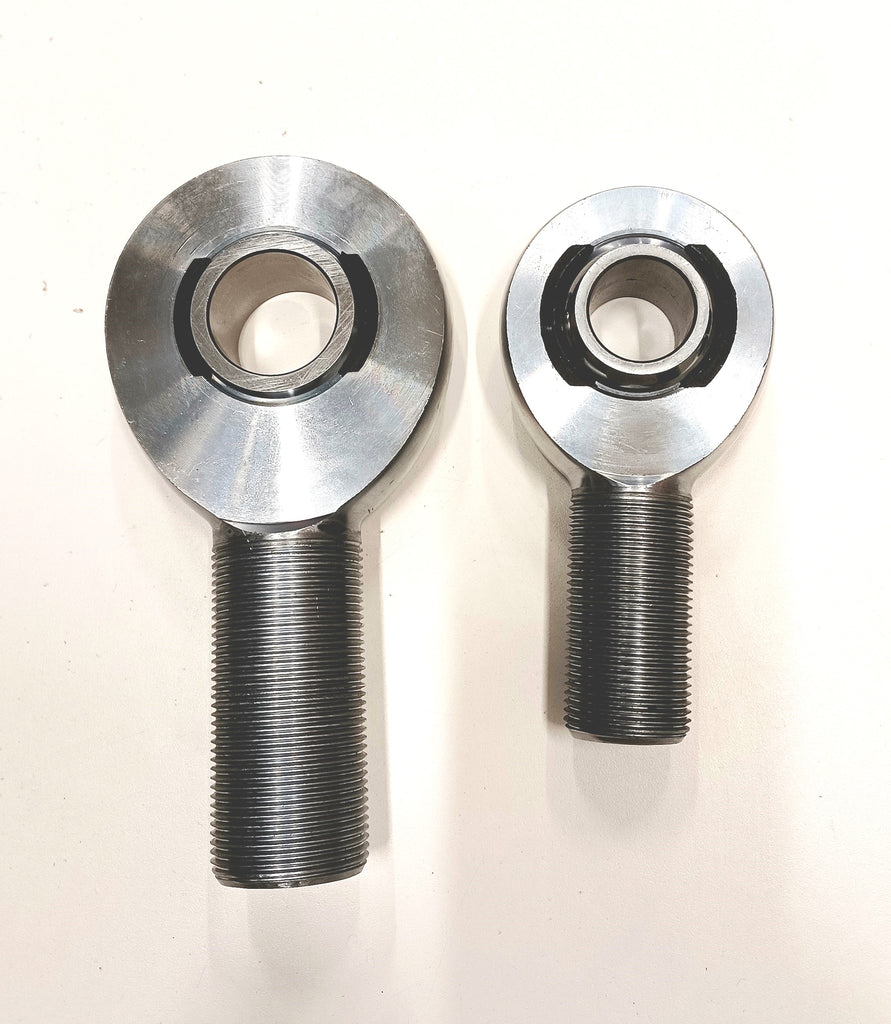
NEW 1.5" Heim Joint
Here is a sneak peek at our new 1.5" Heim Joint. It is much bigger than the 1.25" heim that is currently the industry standard for most trucks and jeeps. This 1.5" joint is much stronger with a longer shaft and a bigger 1.25" bore. Check out the video and pictures to see it compared to the 1.25" heim. https://youtube.com/shorts/b_UsBKxvn_E?feature=share
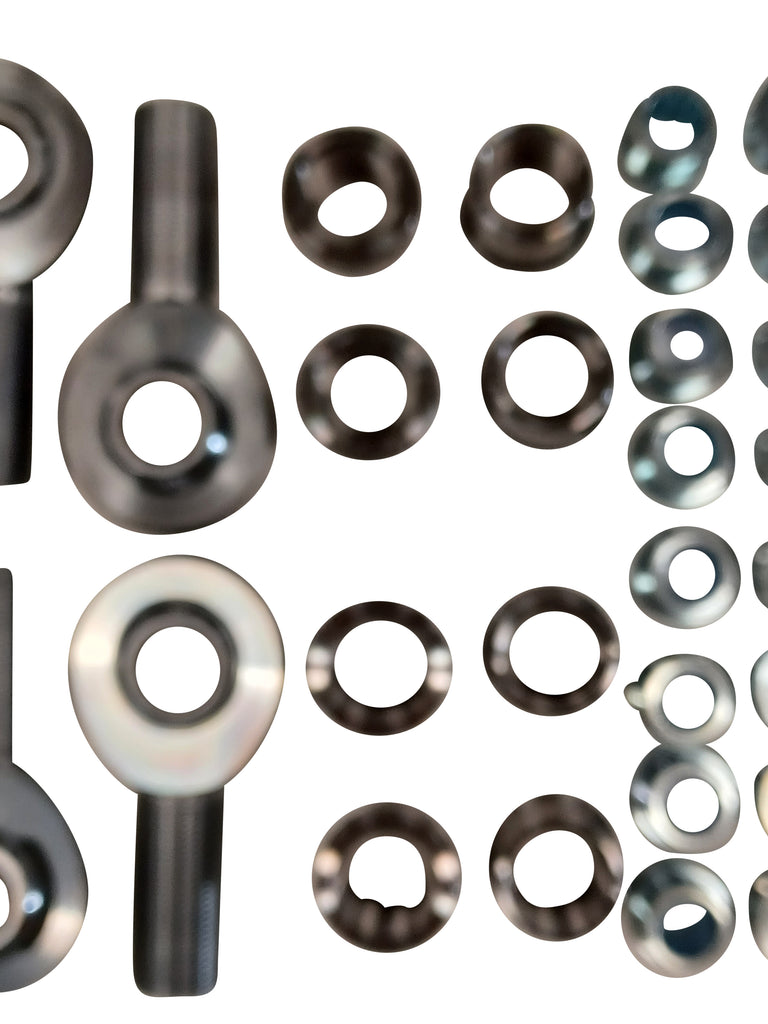
What is a Heim Joint?
A Heim joint, also known as a spherical rod end, is a pivot joint that allows for a limited amount of misalignment between the two rods or linkages that it connects. It is made up of a spherical bearing that is captured in a housing. The bearing is made up of a ball and socket, and the housing has two threaded holes that the rods or linkages can be...
Why are heim joints better than bushings?
Heim joints are better than bushings in a few key ways: Precision: Heim joints are more precise than bushings, which means that they can transmit more force and torque without binding or flexing. This is important for applications where precise control is required, such as racing or off-road driving. Durability: Heim joints are more durable than bushings, and they can withstand more abuse without breaking or wearing out. This makes...
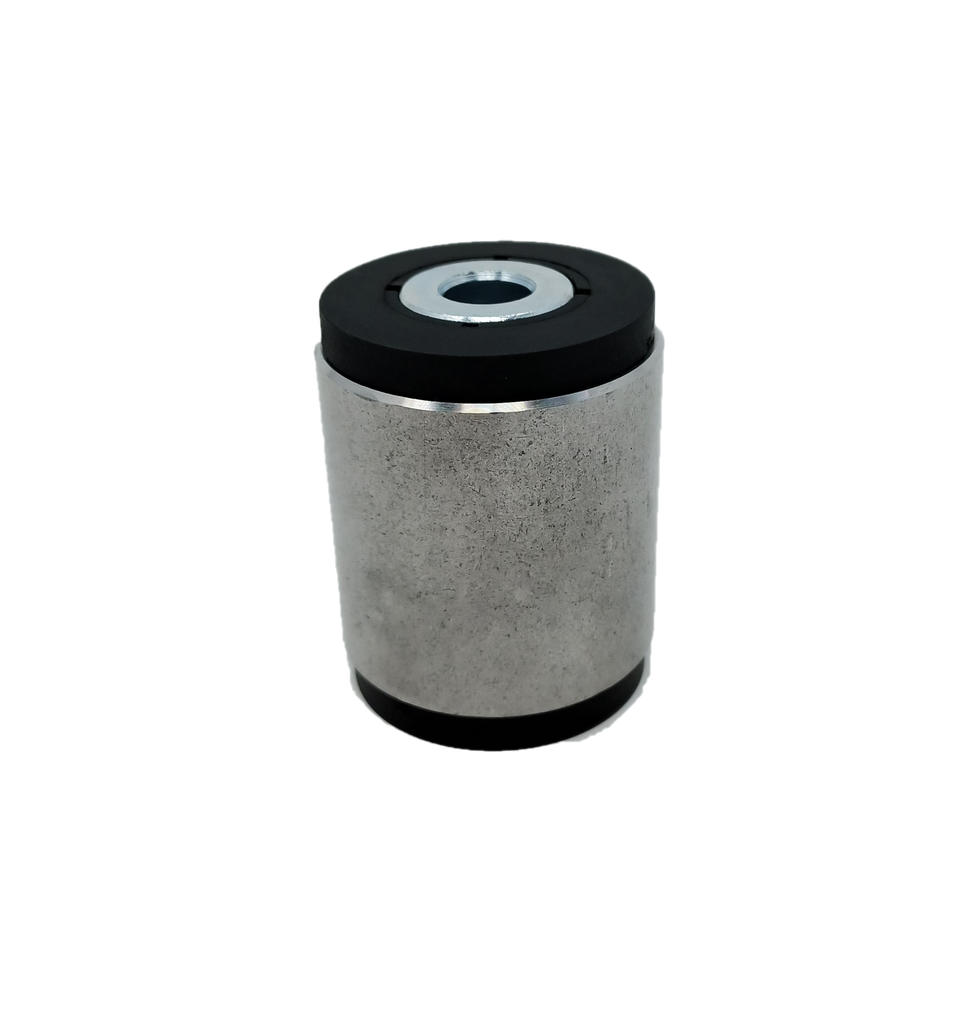
Should I use a poly engine mount?
Polyurethane (poly) bushings are commonly used to mount engines in vehicles for several reasons:1. Vibration Isolation: Engines produce significant vibrations during operation. Poly bushings have excellent vibration-dampening properties, which help isolate the engine's vibrations from the vehicle's chassis. This reduces the transfer of engine vibrations to the rest of the vehicle, resulting in a smoother and more comfortable ride.2. Improved Performance: Poly bushings offer superior stiffness compared to rubber bushings....

